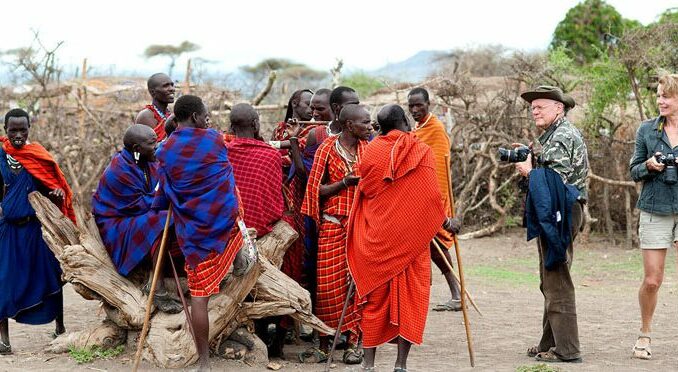
The World Bank has halted funding for a tourism initiative in Tanzania, following pressure from a U.S.-based human rights organization. This move comes after years of advocacy by the Oakland Institute, which has criticized the project, known as REGROW, for causing harm to local
communities.
Despite already disbursing $100 million for the project since its inception in 2017, the World Bank’s decision to suspend further financing took effect on April 18th. The Oakland Institute has highlighted instances of rights abuses, including extrajudicial killings and sexual assaults, linked to the expansion of Ruaha National Park, a focal point of the REGROW project.
The World Bank, in response, has stated its commitment to environmental and social standards, announcing a suspension of disbursements until it can ensure compliance with these standards. Anuradha Mittal, the executive director of the Oakland Institute, sees the suspension as a victory for marginalized communities in Tanzania, signaling an end to impunity for rights abuses perpetrated in the name of tourism development. However, Tanzanian authorities have yet to comment on the matter.
The Oakland Institute has also documented instances of violence and coercion by government agencies, including the illegal seizure and auctioning of cattle, which has inflicted severe economic hardship on herders and farmers. These issues underscore broader concerns about the impact of tourism-driven development efforts on local communities across Tanzania, with reports of similar abuses in other regions of the country, such as the forced eviction of the Maasai from their grazing lands in the Loliondo area.
